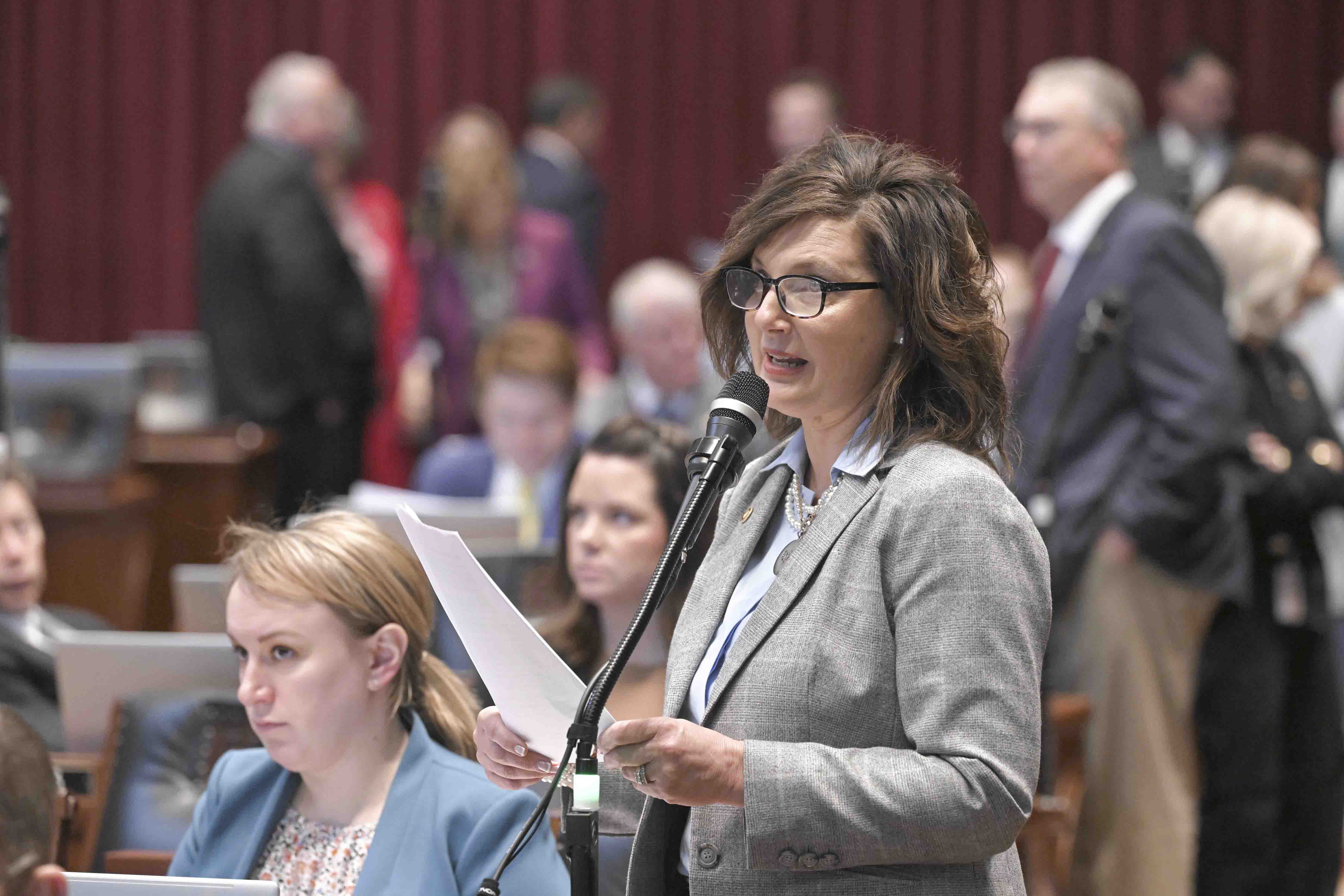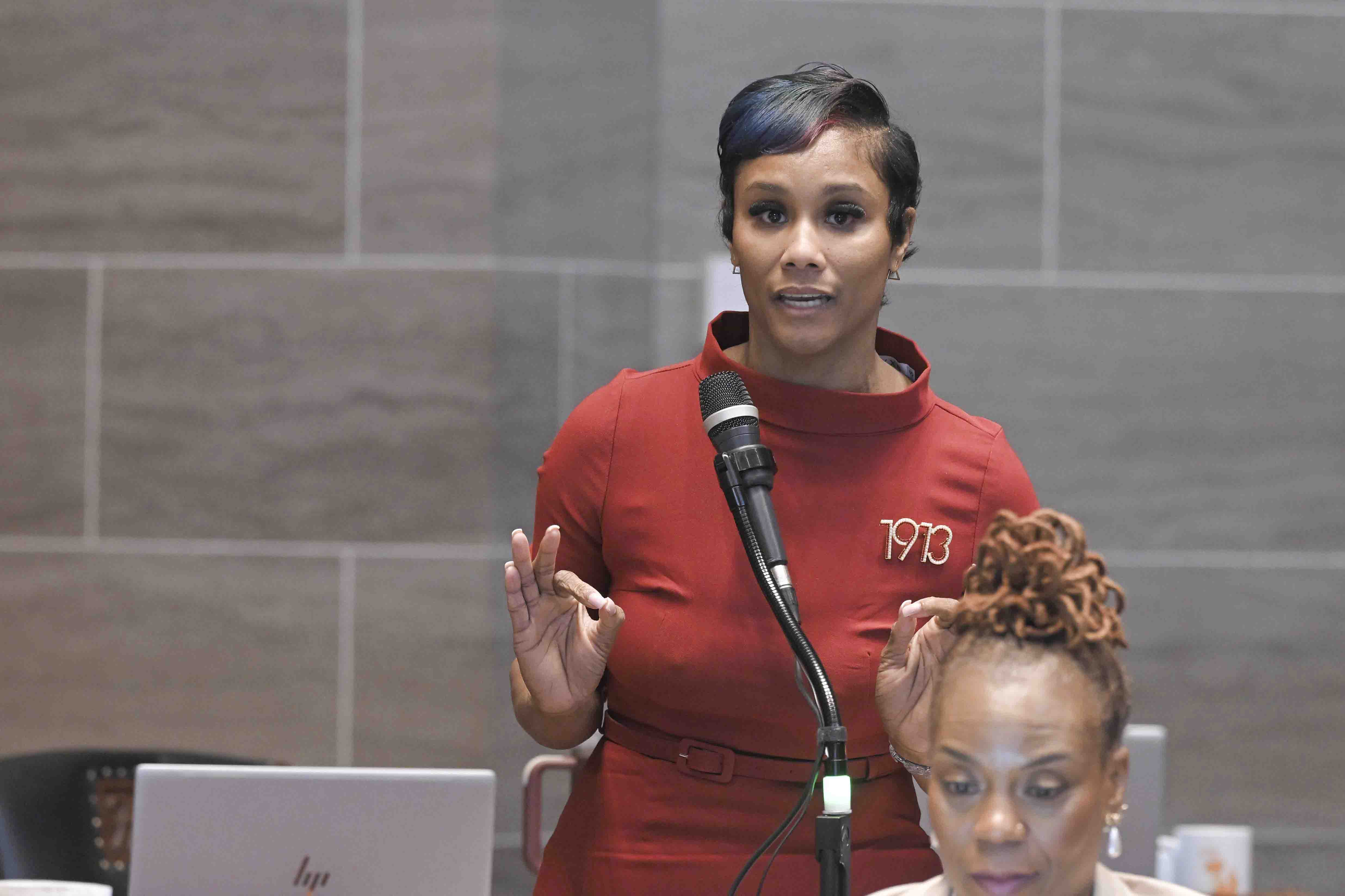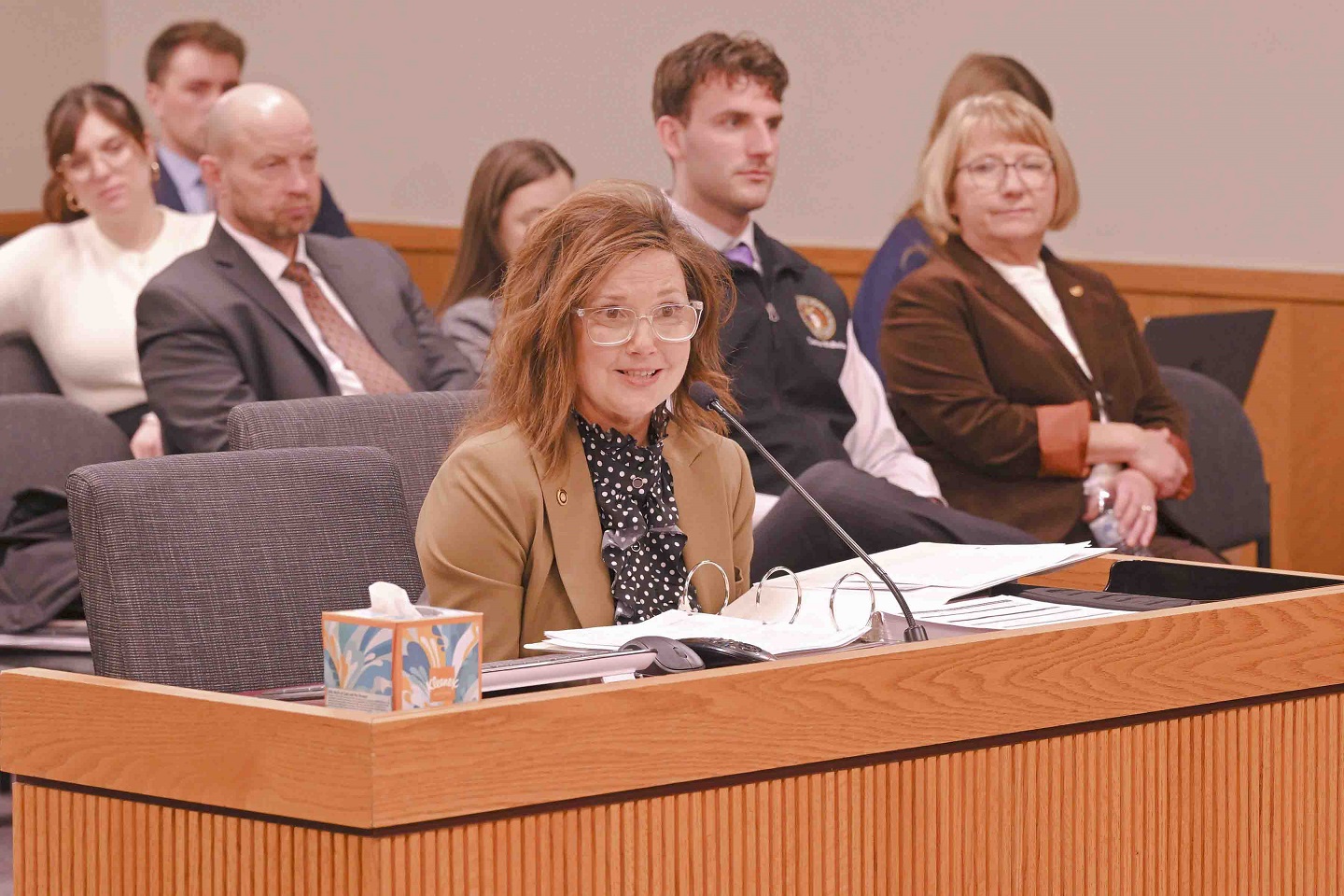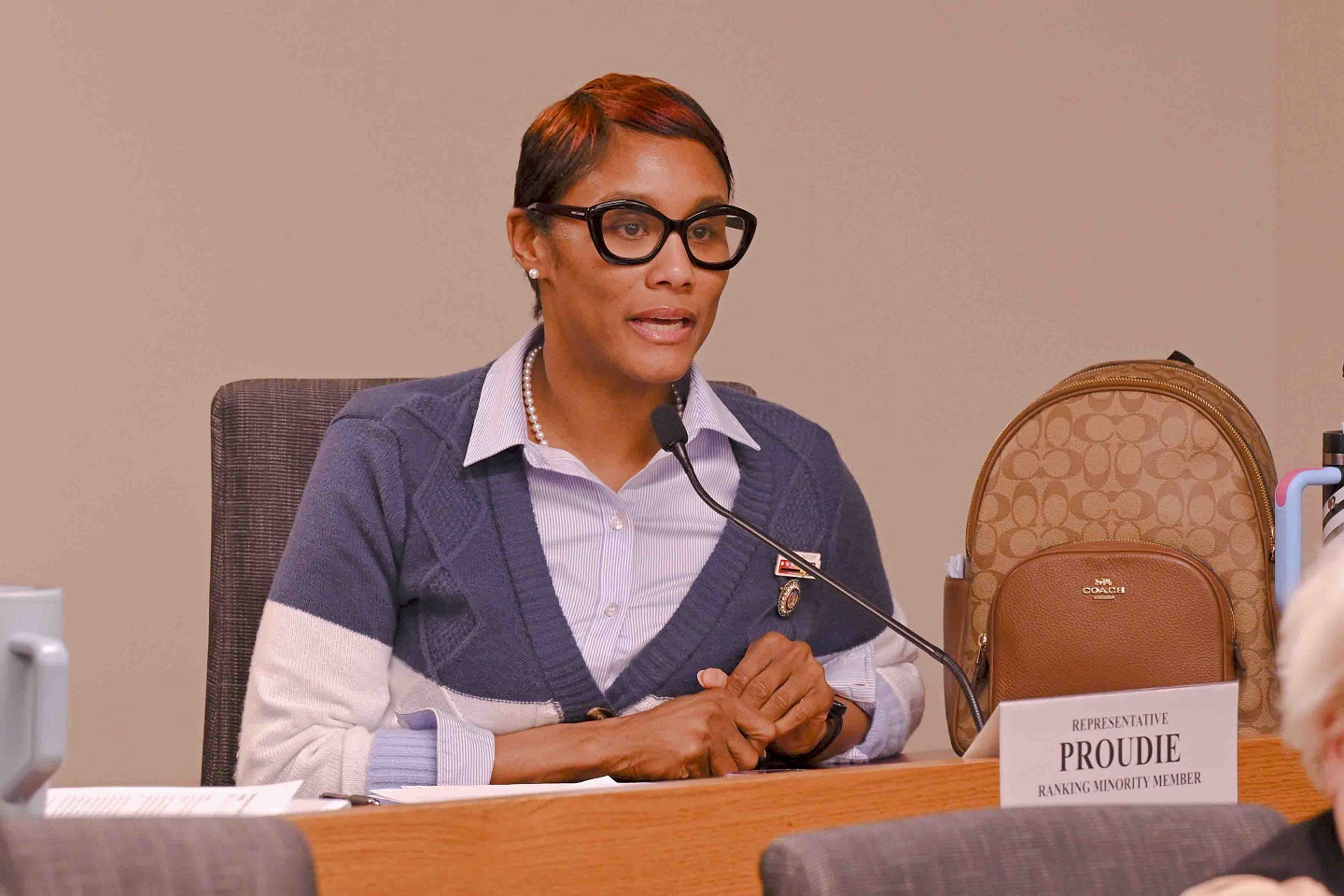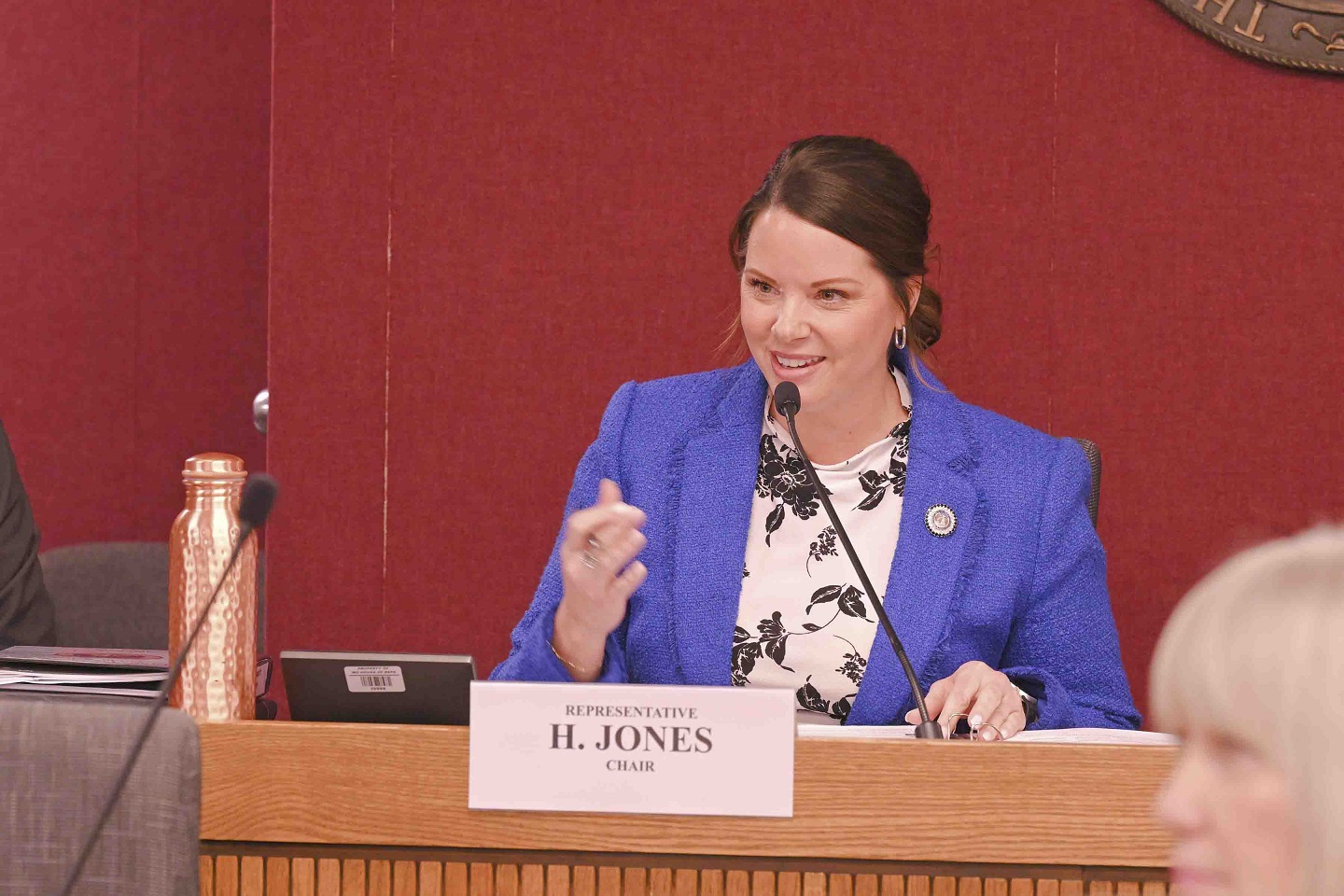The Missouri legislature has voted to ensure that money intended for children in the state’s foster care system goes to those children and not the state, and in doing so the House has kept a promise it made in January.
Legislators first learned during the 2024 session that the state had for decades been intercepting benefits intended for foster children – things like railroad pensions and social security payments – and applying that money to the cost of providing their care. In fiscal year 2024, that amounted to more than $10.6 million seized by the state.
House members were “shocked” to hear that children, particularly those who have already gone through a tragic life-altering event, who have lost their parents, were being “victimized,” as one lawmaker put it, by the state.
“That was the other thing that kind of sealed the deal for me: hearing stories of kiddos that this actually affected,” said the sponsor of House Bill 737, Melissa Schmidt (R-Eldridge). “Children that knew that there were pension dollars reserved for them and then expecting that when it was time for them to age out, and then coming to the realization that they wouldn’t have access to those dollars, and they were planning to use those for education, for transportation, for housing, all the things that we want them to be able to use those dollars for, and I would say the things that their parents who left the pension had hoped they could use those dollars for.”
Representative Raychel Proudie (D-Ferguson) said of the legislation, “These children, who’ve already been through something traumatic which brought them into our care, should not be subject to something unique and even more punishing.”
Schmidt, who is in her first year in the House, took up the legislation after talking to the predecessor in her house seat, Hannah Kelly, who originated it. Kelly, whose focus during her four terms was on children and what the state can do about the traumas they face, returned to the Capitol this week after learning that HB 737 had been sent to Governor Mike Kehoe (R).
Kelly often mentions one little girl who approached her during the proposal’s first committee hearing last year.
Kelly had to leave the House due to term limits and when Schmidt won that district the two of them spoke, and Kelly asked her to take up this bill. Schmidt said in spite of the fact that she and her husband have served as foster parents and have a long history with the system, she had never heard this was happening.
Schmidt said the legislation will end a practice she, as so many before her, called “shocking,” while ensuring the state Children’s Division will be able to continue to provide care.
Proudie, who has been one among the most vocal about this issue since its introduction, said of the bill’s passage, “I’m glad it finally went through. Finally, we can give foster kids what they’re entitled to and what they deserve. We should not be charging children for existing and their own expenses. When they become Missouri’s kids they become Missouri’s responsibility not their own responsibility. We don’t treat any other children like that in the State of Missouri.”
Proudie said she hopes that a next step will be to find a way to do something for those whose money has already been taken by the state.
“I hope we provide some kind of remedy or reparations for them. And, a lot of them who have gone through this have come back to testify, of course they’re not bitter about it. They want this, they know that this is an issue, they live this issue, they don’t want it to happen to any other children,” Proudie said. “I don’t know what that would look like because it’s been tens of thousands of children over time, and it would be something we would have to appropriate, but I’m certainly interested in a conversation.”
The legislation had fallen short last year despite its broad, bipartisan support and outrage at the practice. When this year’s session began in January, House Speaker Jon Patterson (R-Lee’s Summit) pledged that it would be passed this year.
Among the “other provisions” added to HB 737 were language to nullify nondisclosure agreements in child sexual abuse cases, and to ban marriages for anyone younger than 18.
The House’s last vote on HB 737 was 129-14. It now awaits action by Governor Kehoe, who once his office formally receives it, will have 15 days to either sign it, veto it, or allow it to become law without his action.
Previous stories:
House Renews Effort to End State Seizure of Foster Children’s Benefits 01-22-2025
House Acts to stop State Seizure of Benefits Intended for Foster Children 04-02-2024
